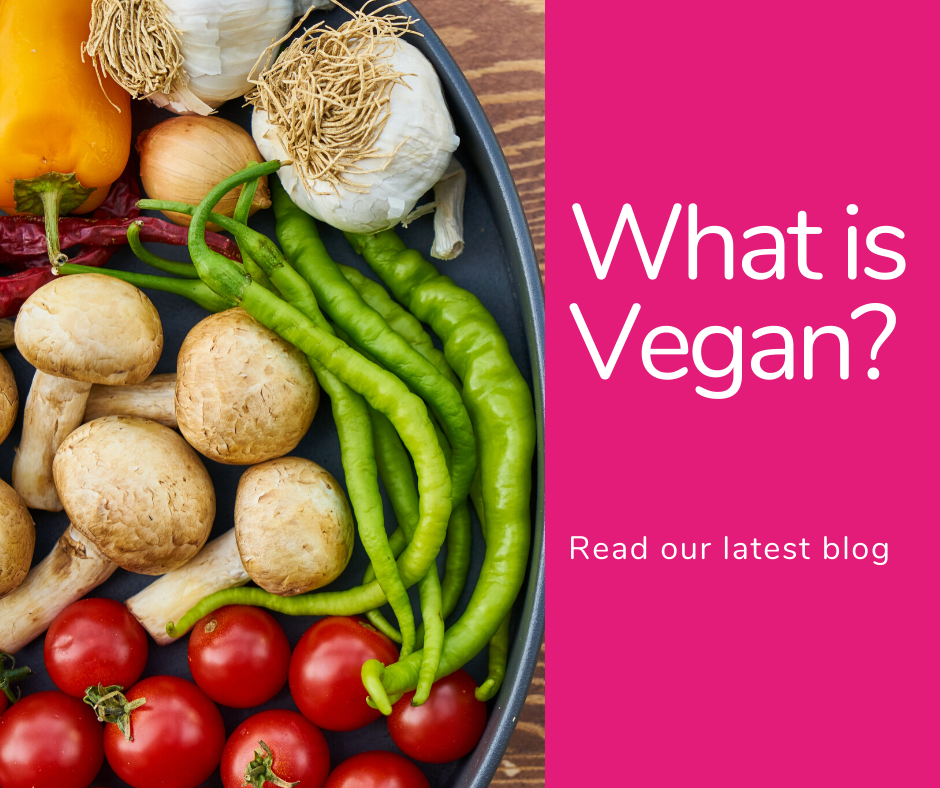What is Vegan?

According to the Cambridge Dictionary, A vegan is a person who does not eat or use any animal products, such as meat, fish, eggs, cheese, or leather.
This is not a new concept. We've heard people who claim this idea as their lifestyle. But what really is a Vegan? What do they do and why do they do it?
Donald Watson coined the term "vegan" in 1944 when he co-founded the Vegan Society in the UK. At first, he used it to mean "non-dairy vegetarian", and by May 1945 vegans explicitly abstained from "eggs, honey; and animals' milk, butter, and cheese".
Ever heard of "Vegetarianism"? Well, veganism is an extreme version of it.
Vegetarianism is first mentioned by the Greek philosopher and mathematician Pythagoras of Samos around 500 BCE. Pythagoras promoted benevolence among all species, including humans. Followers of Buddhism, Hinduism, and Jainism also advocated vegetarianism, believing that humans should not inflict pain on other animals.
In November 1944, Donald Watson announced that because vegetarians ate dairy and eggs, he was going to create a new term called “vegan,” to describe people who did not.
A follower of the diet or philosophy is known as a vegan. Ethical vegans strongly believe that all creatures have the right to life and freedom. Ethical vegans are also opposed to the psychological and physical stress that animals may endure as a result of modern farming practices. They may demonstrate their opposition by protesting, raising awareness, and choosing products that don’t involve animal agriculture.
Some people choose veganism for its health benefits. A plant-based diet may reduce your risk of heart disease, type 2 diabetes, cancer, and premature death. Some also choose veganism to avoid the side effects linked to the antibiotics and hormones used in modern animal agriculture.
People may also choose to avoid animal products because of the environmental impact of animal agriculture.
So what do they eat?
Vegans may vary in different distinctions:
- Dietary - Also called "plant-based" eaters. They avoid animal products in their diet but continue to use them in other products, such as clothing and cosmetics.
- Whole-food vegans -These individuals favor a diet rich in whole foods, such as fruits, vegetables, whole grains, legumes, nuts, and seeds.
- Junk-food vegans - Some people rely heavily on processed vegan food, such as vegan meats, fries, frozen dinners, and desserts, including Oreo cookies and non-dairy ice cream.
- Raw-food vegans - eats only foods that are raw or cooked at temperatures below 118°F (48°C) (22Trusted Source).
- Low-fat, raw-food vegans - Also known as fruitarians, this subset limits high-fat foods, such as nuts, avocados, and coconuts, instead of relying mainly on fruit.
Sources: Times.com, Healthline.com



